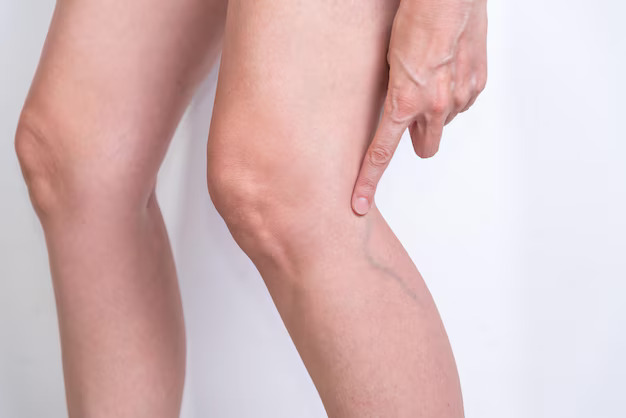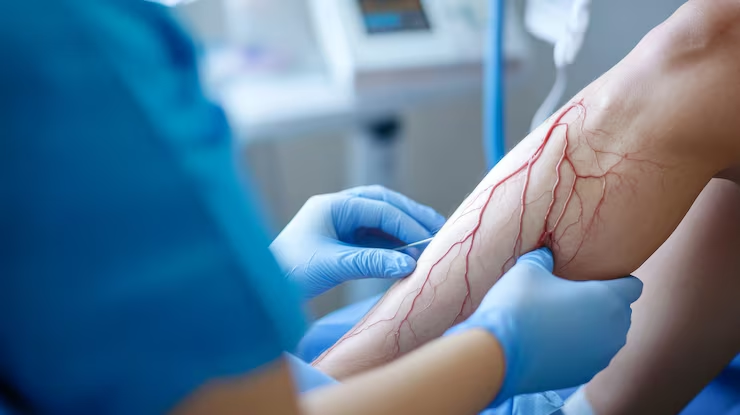Why gluteal tendinopathy is a pain in the butt
If you’re planning a hip replacement or have already had one, a new study could mean you should be looking at the health of your tendons. Why would your tendons matter if you have arthritis of the joint? Is there a way to avoid or fix continued pain after hip replacement? Let’s dig in.
The Gluteal Tendinopathy Dilemma
There are muscles that protect the hip joint and surround it. They are the “butt” muscles like the gluteus maximus, medius, and minimus. These muscles have tendons that can become beat up with wear and tear. When that happens, it’s called gluteal tendinopathy.
Hip Replacement and Gluteal Tendinopathy
Researchers followed 50 patients with gluteal tendinopathy that could be seen on MRI, but were otherwise asymptomatic, and underwent hip replacement. They also tracked 50 patients who didn’t have any evidence of gluteal tendinopathy on MRI and who also had their hip replaced. The patients that had the beat-up gluteal tendons had worse outcomes on a functional hip questionnaire, worse pain, and poorer patient satisfaction.
Basically, these patients had pain after hip replacement. The pain experienced by the hip replacement patients with gluteal tendinopathy was toward the outside of the hip, and twice as many patients needed revision hip replacement surgery in this group. So, while their hip joint may have felt better, they still had problems related to these damaged tendons.
How to Avoid Butt Pain After Hip Replacement
How can you avoid pain after hip replacement? Many times, these tendon issues will be talked about in your MRI report. So, look for terms like “tendinopathy,” “tendinosis,” or “tendon tear” in muscles like:
- Gluteus maximus
- Gluteus medius
- Gluteus minimus
- TFL (tensor fascia lata)
If you don’t have an MRI, take some time to press on these spots:
If they’re tender, get an MRI to check if you have gluteal tendinopathy.
How to Treat Pain After Hip Replacement
If you have these gluteal tendon issues, first try to figure out why it is a good idea. For example, irritated nerves in the back can cause this problem. That doesn’t have to be full-on sciatica, it can just be low-level irritated nerves with or without back pain. Since the nerves tell the muscles what to do, bad nerve signals can cause these muscles to misfire and the tendons to get ripped up.
Second, treating the tendons before or after hip replacement is a good idea. The most common way to treat beat up tendons these days is using your own concentrated blood platelets (called platelet-rich plasma or PRP). In this case, ultrasound guidance would be used to guide the needle to the bad parts of the tendon, and then relief can be achieved in weeks to months as the growth factors from the platelets stimulate healing and growth of the tendon cells. However, note that if the bad tendons were, in fact, caused by irritated nerves in your back, the back will need to be treated as well.
Here’s the abbreviated list of other things that you should consider if you’ve already had a hip replacement and still have pain:
– An allergy to hip replacement materials. The cement used or the nickel and/or cobalt used to make the device are common allergies.
– A prosthesis that is too short or long. This will cause a leg length discrepancy.
– Hip pain that was from elsewhere, other than your arthritic hip. That means that the hip pain could have always been referred from the low back or from the SI joint. Hence, replacing the hip joint never treated the original pain generator.
– A pseudotumor. This is a growth caused by irritation of the local tissues due to the hip replacement device.
– Wear particles from a metal-on-metal or minimally invasive anterior hip replacement (Birmingham hip or “Hip Resurfacing”). This is wearing debris that then irritates the tissues and causes pain.
What We Know About Hip Replacement
Is hip replacement a panacea? Meaning, does it always work? Most people think that getting a hip replacement is like getting a new part installed in your car, but it’s not. In fact, it’s a big surgery that involves amputating the hip joint and then installing a prosthesis. This is why so many still have pain after hip replacement.
These tendon findings aren’t all that surprising given that we know that things like a back fusion can make hip replacement outcomes worse. We also know that a hip replacement won’t improve your activity level, which is generally the opposite of what patients think. We also know that younger hip replacement patients fare poorly than their older and less active counterparts.
The upshot? Pain after hip replacement is surprisingly common and can be due to beat-up butt muscle tendons. A little detective work may help you avoid problems or provide a way to fix them.
Conclusion
In conclusion, while hip replacement can bring relief to those suffering from hip arthritis, the health of your tendons, particularly in the buttocks, is a crucial factor in the overall success of the procedure. Understanding and addressing issues like gluteal tendinopathy can make a significant difference in your post-operative experience.
Frequently Asked Questions
1. Is it common to experience pain after hip replacement surgery?
Yes, it is relatively common, and gluteal tendinopathy can be a contributing factor.
2. How can I avoid pain after hip replacement?
Regularly monitor the health of your hip tendons and consider addressing any issues before surgery.
3. What are the potential causes of pain after hip replacement?
Apart from gluteal tendinopathy, allergies to hip replacement materials, prosthesis size issues, and referred pain from other areas can also cause post-operative pain.
4. What is the role of tendons in hip replacement surgery?
Healthy tendons in the buttocks play a vital role in the successful outcomes of hip replacement surgery.
5. Can hip replacement surgery always eliminate hip pain completely?
No, hip replacement is not a guaranteed solution, and understanding the factors affecting its success is essential for patients.








